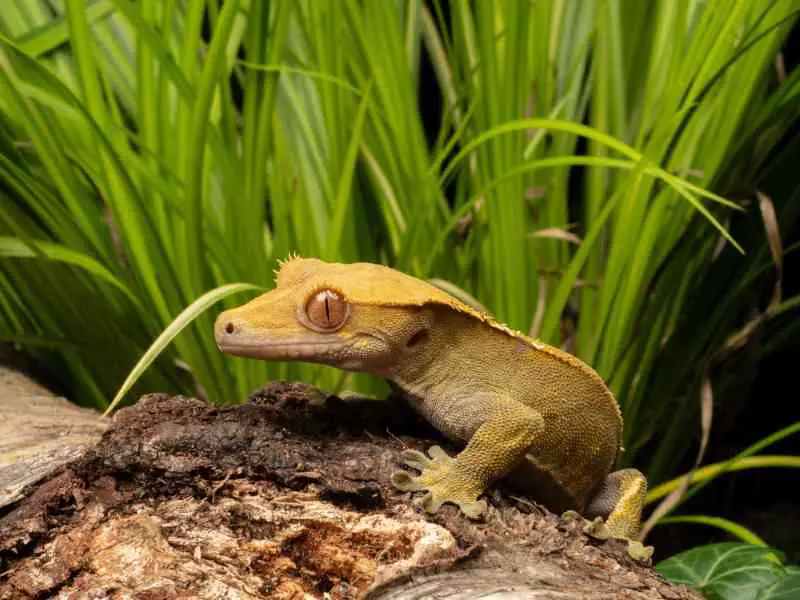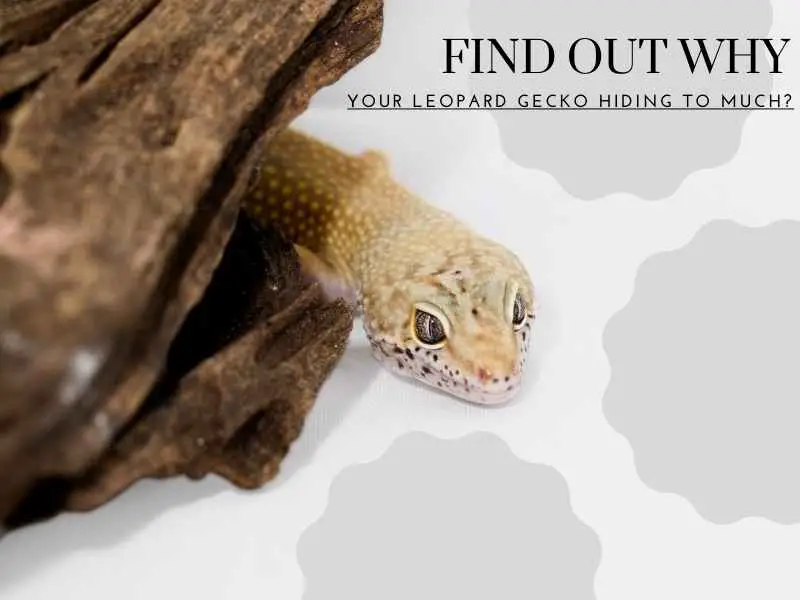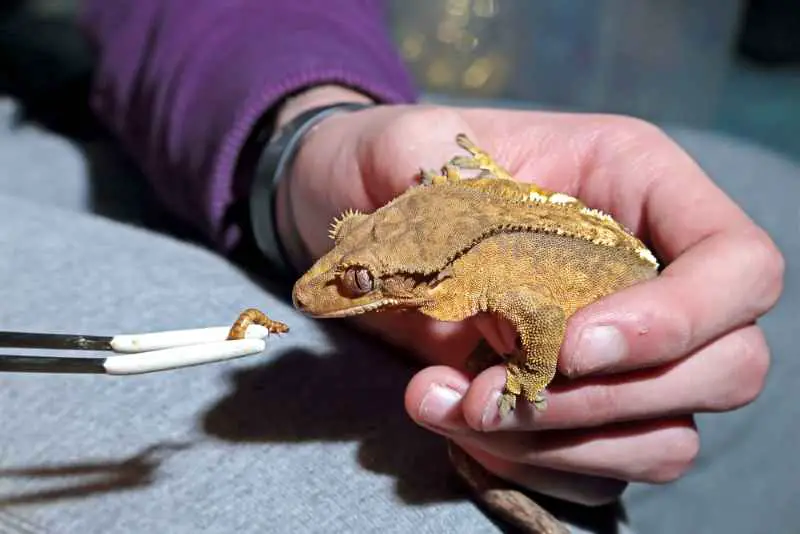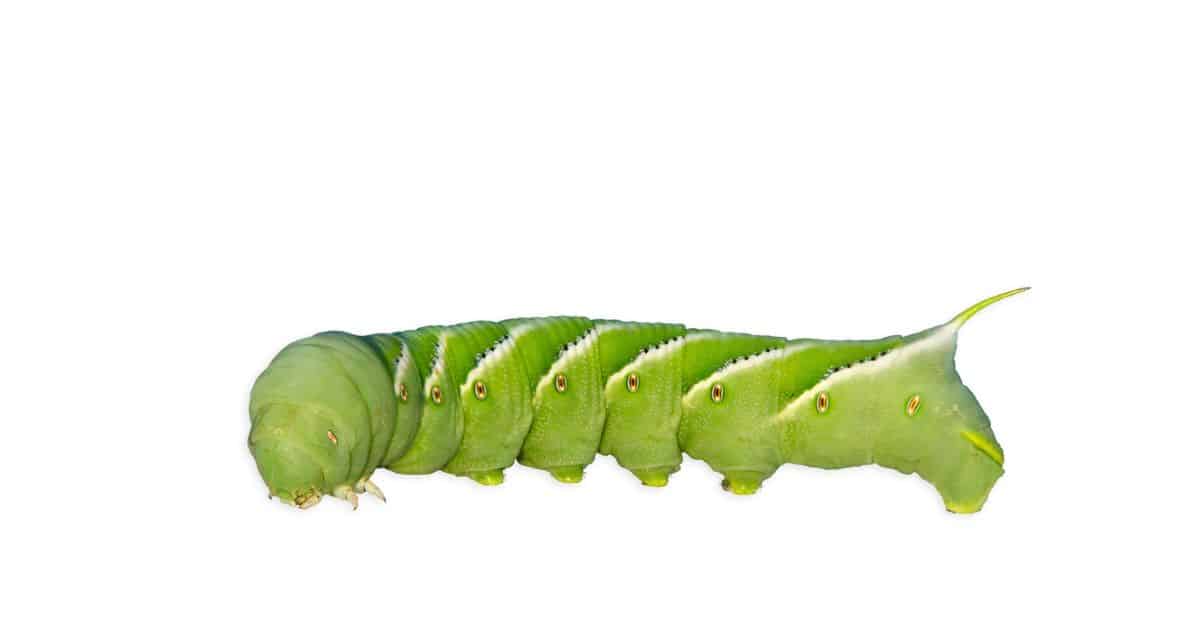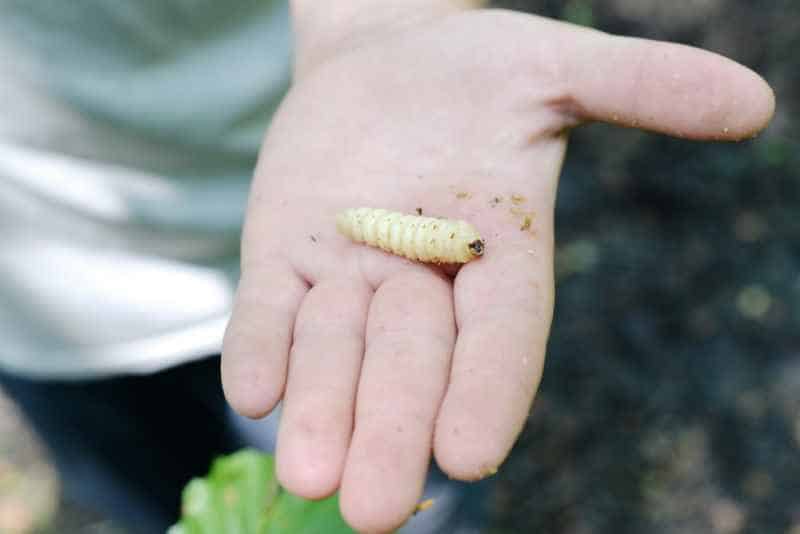Gecko Not Eating? What Could Be Wrong And What To Do
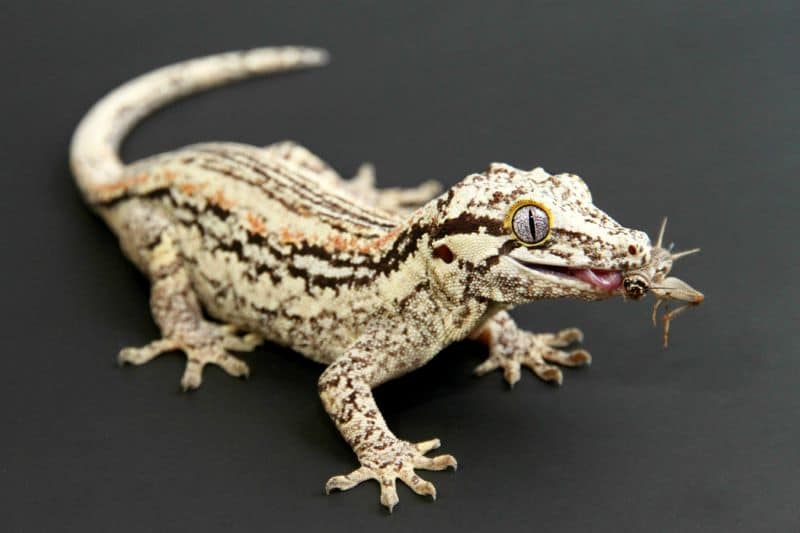
A gecko might not be eating due to illness and stress. Not eating enough for several weeks can become very serious, potentially leading to malnutrition.
Below is some more information on the types of illness and stress that could be causing your gecko to not eat.
Contents
The Gecko Has An Illness
Infections
This may present itself with swollen, foggy, reddened, or puss-filled eyes. Other infections in the respiratory area could show themselves in breathing heavily, clogged nostrils, or unnatural sounds.
Parasites
Parasites are typically able to be seen clearly on the outside of the gecko. These are called ectoparasites. If your gecko has endoparasites, then you will need to observe its fecal matter and possibly have an exam done by a herp vet.
Metabolic Bone Disease (MBD)
Typical geckos with MBD would have swollen bellies and obstructed bowel movements. In addition, they could have rubbery legs and jaws. MBD needs to be taken seriously and treatment should be sought out. Calcium and vitamin D3 will help MBD, along with warm soaks and antibiotics.
Important Breeding Tip: Taking care of your gecko’s breeding environment is one of the most important factors during their breeding cycle to greatly reduce the chance of illness.
High Amount of Stress
Shedding
During the shedding period, geckos often become isolated and tend to not want interaction. This includes eating.
Bullying in Cohabitation
Bullying is often hidden amongst geckos, so there are a few key things to look for. If the gecko has scratches or marks on it, then bullying could be present and prevent your gecko from eating.
If a dominant gecko is pushing the other submission one out of various areas in the tank, this could also be a sign of bullying.
Oftentimes bullying will occur when the gecko attempts to eat as well, which can give the victim gecko a negative association with food and eating.
Tank Environment
Temperatures in the environment have a great impact on the gecko’s stress levels. Too low of temperatures especially can cause the gecko trouble when digesting food. In addition, there needs to be enough space in the tank for geckos to get physical activity as often as they need.
Familiarity and Comfortability
Geckos often take time to adjust to new environments. During this transition, it is likely they will go on a food strike. Sometimes, for up to weeks at a time.
Continue to leave food out for your gecko regularly, and give it space to get comfortable with its new environment. Once it does, it will return to regular eating habits.
How Long Can Geckos Go Without Eating?
Most geckos can go about 10 to 14 days without eating, although this is not ideal. They need consistent hydration and can only go without water for 3 days maximum.
How Often Are They Supposed to Eat?
On average, it’s recommended that they eat their high-calcium, fruit-mixed diet 2 to 3 times a week. No insects or vegetables are required for adult geckos.
Hatchlings who are younger than 12 months, need to eat 2 to 3 times a day. Geckos who are between 12 to 24 months should eat once per day and fully grown adults, who are 24 months or older, should eat every other day (about 2 to 3 times per week).
How To Get Them To Eat?
The best way to get a gecko to eat is positive reinforcement. Don’t handle your gecko until it has been eaten regularly again. Leave its food out and let it eat on its’ own time, but do not continue handling it unless you need to for tank maintenance or another emergency. This will give your gecko an incentive to eat.
You and your gecko should be fine when you diagnose what’s wrong and take the appropriate actions. The advice in this article should help you on your way.
